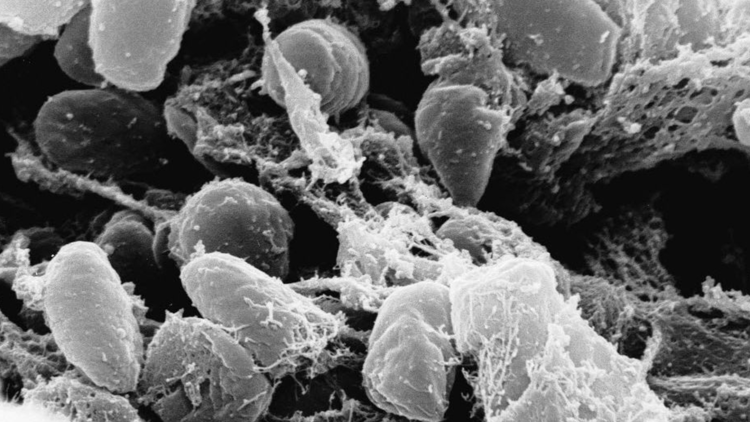MONTEZUMA COUNTY, Colo. — An adult in southwestern Colorado has tested positive for the plague, the Colorado Department of Public Health and Environment (CDPHE) said on Tuesday.
CDPHE said it's working closely with Montezuma County Public Health on monitoring plague activity and investigating how the person became infected. The person was likely exposed to the disease on private property, CDPHE said in a news release.
The disease's symptoms are similar to those of the flu, health officials said. The first signs of sickness from the plague typically include:
- Fever
- Headache
- Weakness
- Muscle aches
- Cough
- Shortness of breath
- Chills
CDPHE said plague symptoms are usually more serious. People with serious symptoms might cough up blood, feel sick to their stomach or vomit. Pneumonia can then develop quickly after plague symptoms surface, CDPHE said.
Because early plague symptoms might be similar to those of the flu, anyone showing flu symptoms or pneumonic plague (lung infection) who might have been exposed to rodents or fleas should seek medical care right away. There are several types of antibiotics effective at treating the disease, CDPHE said.
Most human plague cases are through flea bites or direct contact with infected animals, according to health officials. Plague is frequently found in ground squirrel species and chipmunks, CDPHE said.


Prairie dogs are very susceptible to plague, CDPHE said. The rodents are active above ground, and prairie dogs can serve as a visible alert of plague's presence if they suddenly disappear, according to CDPHE.
They warn not to kill prairie dogs because, if plague is present, it could increase risk of transmitting the disease.
SUGGESTED VIDEOS: Colorado Outdoors



